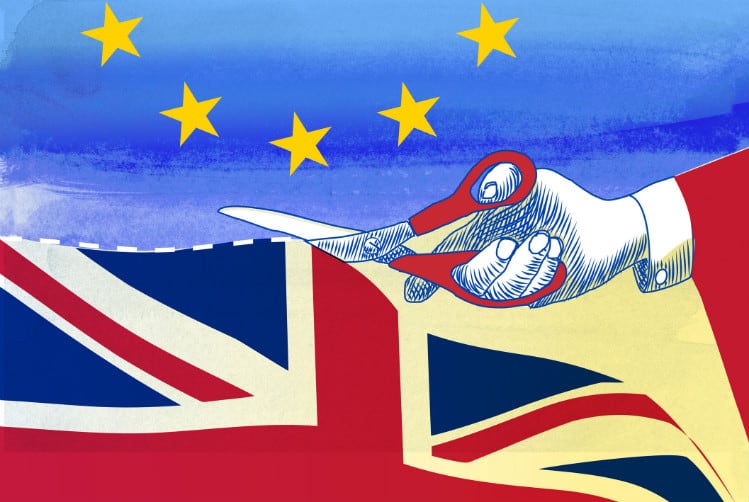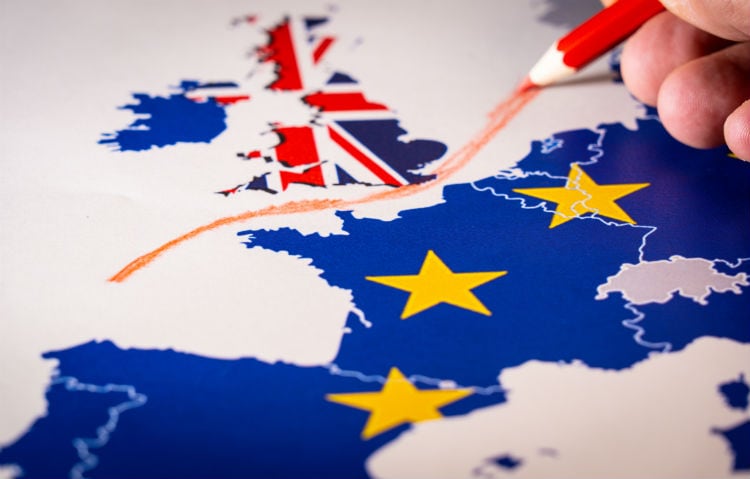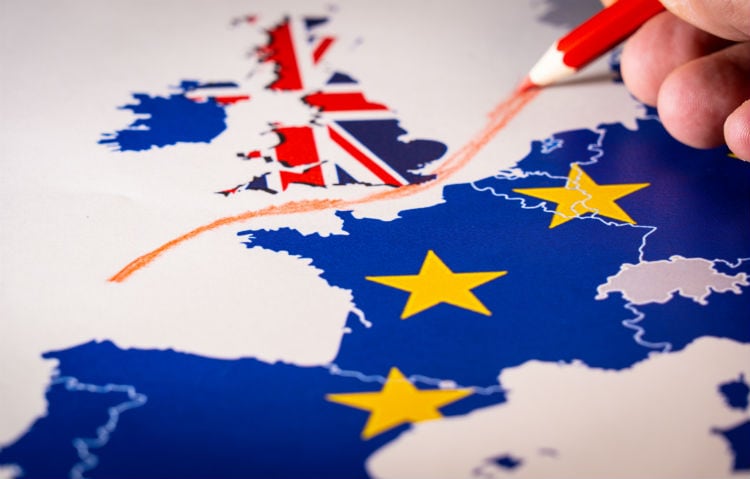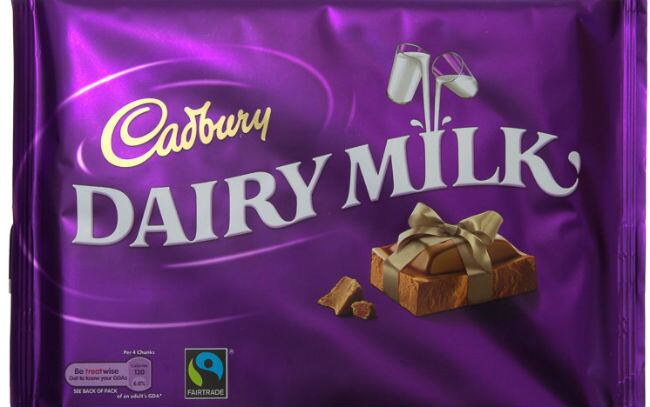W4B was launched in 2019 to support the Brexit vote to leave the European Union, as an antidote to what it describes as ‘the drive since 2016 to undermine the Brexit vote.’ Supporters of remaining in the EU ‘are willing to stifle democracy,’ the site says, ‘leaving the UK tied to all the restriction of the EU.’
In addition to US-produced citrus, W4B claims that the EU imposes a 30% tariff on African cocoa. It cites an October 2015 article, written by a late Harvard University professor and published by CapX, a site ‘founded to make the case for popular capitalism’.
The CapX article includes an editor’s note reflecting a mistake in coffee exports, but does not address the cocoa reference, which links to yet another online story. That piece, published on Deutsche Welle, a German broadcaster, includes: “While the import duties for unprocessed cocoa beans is rather small, the EU charges 30 percent for processed cocoa products like chocolate bars or cocoa powder, and 60 percent for some other refined products containing cocoa.”
World for Brexit broadly says the EU adds a 30% tariff on ‘cocoa.’
‘Incorrect’ per WTO data
FullFact.org – an independent fact-checking site that operates as a non-profit and free from government funding, according to Crunchbase – says that number is incorrect, especially in reference to cocoa in general.
According to FullFact’s sourcing, the EU does not impose any tariff on cocoa beans, shells and husks, regardless of their country of origin. From Africa, EU’s tariffs vary by country.
For instance, from Gabon and Libya, cocoa powder receives an 8% tariff, while cocoa butter sees 7.7% and paste 9.6%.
“These are the maximum tariffs the EU imposes on these products being imported from any country in the world,” FullFact said.
On the other side of the coin, cocoa products exported from Nigeria and the Republic of Congo to the EU partake in a trade program that eases duties on exports from developing countries. Cocoa powder from these two nations incur a 2.8% tariff, cocoa butter 4.2% and paste 6.1%.
The World Trade Organization lists the average EU tariff on cocoa powder, plus chocolate and other food preparations containing cocoa (blocks, slabs or bars weighing more than 2kg), at 8%.
Fairtrade on Brexit
In a Fairtrade report on Brexit from 2018, the certification organization explained its reasoning behind supporting a deal with the EU. An increase in the cost of trade with developing countries in particular could, it said, encourage companies to alter their supply chains and sources, while higher tariffs would unduly affect producers and workers.
Fairtrade reiterated that the EU does not apply any tariffs on beans, raw or roasted. It also emphasized that the loss of easy access to EU markets could reduce the amount of Fairtrade cocoa – most of which comes from Ghana and Côte d’Ivoire – exported to Europe.
Rules of origin matter greatly, Fairtrade said, because certain countries might be eligible for special treatment through the UK’s own GSP (Generalized System of Preferences).
“This reinforces the need for ‘diagonal’ cumulation which treats content from third countries – like Ghana or Côte d’Ivoire – as if it were local content, and supports the idea of a generous agreement between the UK and the EU which is highly unlikely with no deal,” the report explained.
UK producers also run the risk of having to follow labeling requirements than those of the EU, an additional burden; however, Fairtrade posits that they would “likely conform to standards that grant them access to the EU27 market as well as the UK.”




